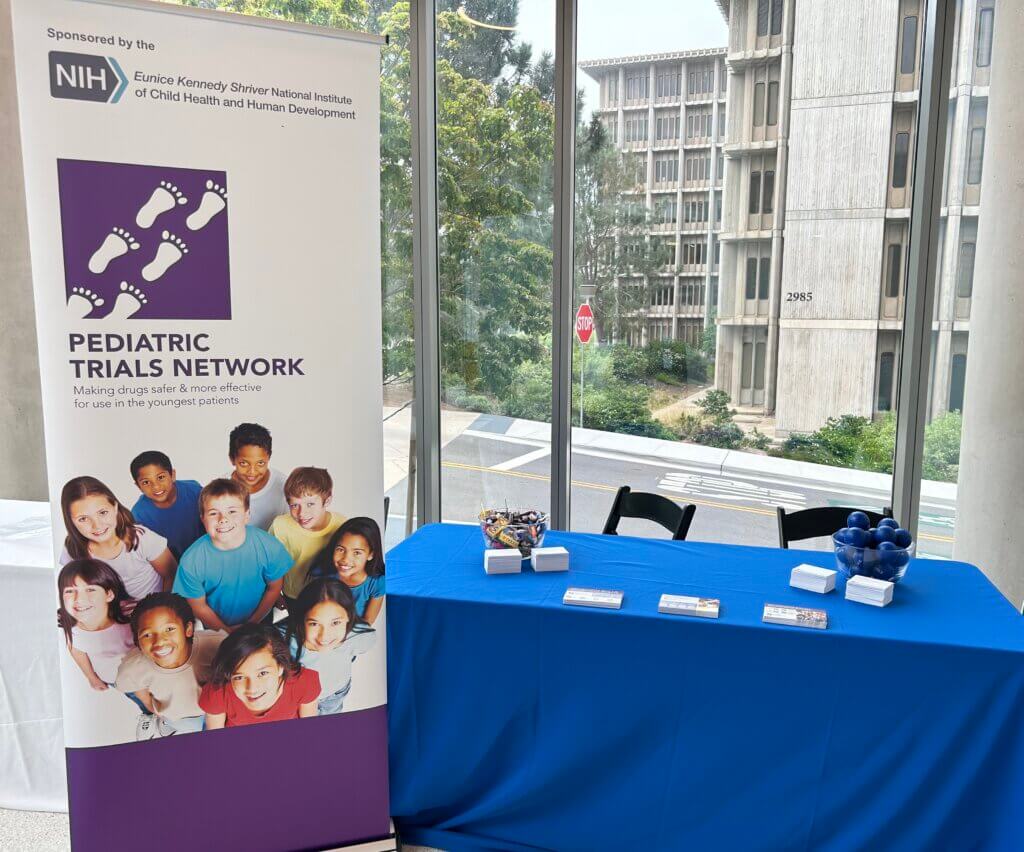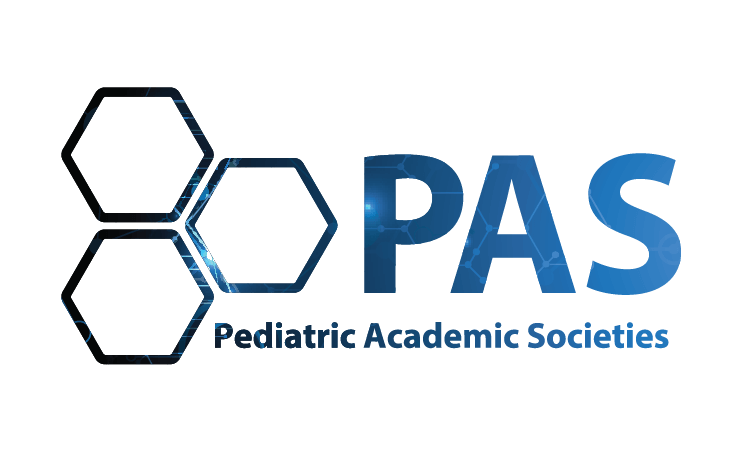
Data from multiple Pediatric Trials Network (PTN) studies contributed to a recent U.S. Food and Drug Administration (FDA) label change for fluconazole. The data that informed the label update, which is extensive, came from the following studies:
- Fluconazole Prophylaxis for the Prevention of Candidiasis in Infants < 750 Grams Birth Weight
- Pharmacokinetics of a Fluconazole Loading Dose in Infants and Toddlers
- Safety and Pharmacokinetics of Fluconazole in Children Supported by Extracorporeal Membrane Oxygenation (ECMO)
- A Multicenter, Open Label Pharmacokinetics Study of Fluconazole in Infants
Previous labels for the medicine fluconazole contained almost no information related to dosages for infants, even though it is commonly used to treat Candida (yeast) infections, particularly in the neonatal intensive care unit (NICU) and pediatric intensive care unit (PICU). These infections are often fatal in infants and cause long-lasting health problems for those that survive, so determining how to best use fluconazole for this population was vital.
The new label contains information submitted by PTN on pharmacokinetics and dosing suggestions, as well as safety and efficacy of fluconazole for both treatment and prevention of Candida infections in full-term and premature infants.
Important additions to the fluconazole label include:
- Pharmacokinetic data on fluconazole in infants
- Suggestion of use of a loading dose for children
- Information on dosing for pediatric patients being supported with extracorporeal membrane oxygenation (ECMO)
- Information on the use of fluconazole for prevention of Candida infection in infants
This is the 20th FDA label change informed by PTN research. This achievement represents the culmination of >15 years of work on fluconazole from faculty and staff at PTN, in addition to collaborating sites and thought leaders across the U.S. The PTN is grateful to the children and families who participated in the important studies that led to this label change.






 “BPD is a serious, and potentially life-long lung problem for premature infants. It is critical that we better understand how drugs, such as sildenafil, can help. Opening our third and final cohort is especially exciting because it gets us one step closer to answering the questions around safety and optimal dosing of sildenafil in infants,” said Dr. Jason Lang, the study’s Principal Investigator.
“BPD is a serious, and potentially life-long lung problem for premature infants. It is critical that we better understand how drugs, such as sildenafil, can help. Opening our third and final cohort is especially exciting because it gets us one step closer to answering the questions around safety and optimal dosing of sildenafil in infants,” said Dr. Jason Lang, the study’s Principal Investigator. In late April, the Pediatric Trials Network (PTN) sponsored a session at the Pediatric Academic Societies (PAS) Annual Meeting in Washington, D.C. The event involved quick debates between PTN investigators and collaborators on topics related to pediatric clinical research. A patient advocate and student with experience participating in pediatric clinical research shared her thoughts on each topic. The event was attended by more than 100 people. Participation from the audience, as well as the perspectives offered by the patient advocate, made for engaging debates.
In late April, the Pediatric Trials Network (PTN) sponsored a session at the Pediatric Academic Societies (PAS) Annual Meeting in Washington, D.C. The event involved quick debates between PTN investigators and collaborators on topics related to pediatric clinical research. A patient advocate and student with experience participating in pediatric clinical research shared her thoughts on each topic. The event was attended by more than 100 people. Participation from the audience, as well as the perspectives offered by the patient advocate, made for engaging debates. This session was co-led with the International Children’s Advisory Network (iCAN). Rhiannon Perry, the patient advocate participating in the event, is a member of iCAN Young Adult Professionals, and ambassador for the Hope for Henry Patient Advisory Board and the Be the Match Network. She is studying Sociology, Human Services, and Psychology at Mount St. Mary’s University. After each debate, Rhiannon shared her thoughts on the investigators’ stances. Her participation brought the valuable perspective of someone who is personally involved with pediatric clinical research.
This session was co-led with the International Children’s Advisory Network (iCAN). Rhiannon Perry, the patient advocate participating in the event, is a member of iCAN Young Adult Professionals, and ambassador for the Hope for Henry Patient Advisory Board and the Be the Match Network. She is studying Sociology, Human Services, and Psychology at Mount St. Mary’s University. After each debate, Rhiannon shared her thoughts on the investigators’ stances. Her participation brought the valuable perspective of someone who is personally involved with pediatric clinical research.



